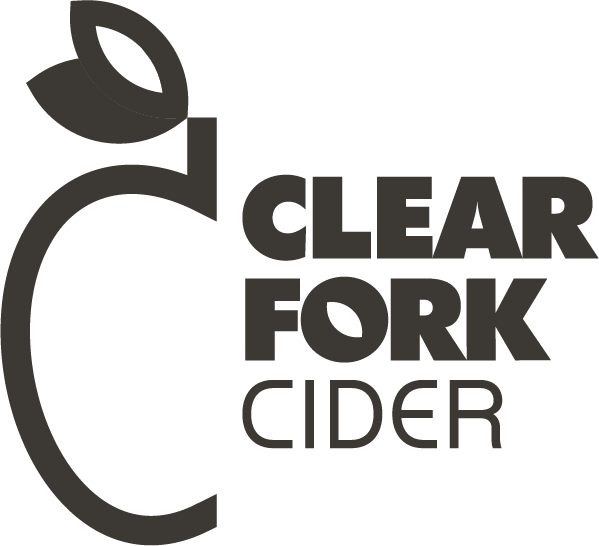Clear Fork Takes the Idea of Local Cider Seriously
What sets Clear Fork Cider apart from most other Colorado ciders is its dedication to local apples — sometimes as local as abandoned orchards just past your back yard. Jay Kenney, lawyer turned cider maker, says 60 percent of the apples and juice used to make his products comes from Colorado apples.
Clear Fork collects its apples from Lakewood, Crawford, Lewis and Arriola (just north of Cortez), as well as other areas throughout Colorado. “All the Colorado apples we pick ourselves, and we press about a third ourselves,” Kenney says.
“The reason we get those apples is the unique flavor. They’re old varieties of apples, many that you can’t find in a supermarket,” he explains. Many are coming from orchards that aren’t fertilized or treated with pesticides, Kenney adds, pointing out that he often knows down to the exact tree where each apple grew.
Kenney explains that all of the cider is made from a variety of blends of apples. “Some cideries use a generic base, and then stuff gets added to it, but that’s just not our model,” he says.
He says it’s simply experimentation with blending different types of apples that determines what the final recipe will be. Since there are apples that give tannins, apples that lend sharpness and acidity, and apples with flavor, there is usually a mix of each. “We’re kind of like little kids playing,” Kenney jokes.
While a Denver tasting room may be in the future, for now, ciders can be found in stores throughout the state. Photo by Breton Shepard
There are three main lines of cider, and each one goes in a slightly different direction. Station 8 is a relatively balanced, drinkable cider, made typically with three varieties of apples. MetaMORphic has an emphasis on the acidic side and is inspired by the Montezuma Orchard Restoration Project, a nonprofit organization in Cortez dedicated to preserving the fruit-growing heritage in Montezuma County and to restoring an orchard culture and economy to the region.
Another cider called the Oak Barrel is made with 100 percent Colorado apples and is aged six months in red- and white-wine barrels. Kenney describes it as a smooth, less sharp but very distinctive and earthy cider.
There isn’t a tasting room to visit at this point, but the Clear Fork website includes a map of liquor stores, bars and restaurants where its ciders can be purchased.
“We make the best cider you haven’t tried yet,” laughs Kenney. But the apple enthusiast doesn’t just want people to try his cider; he wants Coloradans to drink more cider in general. “Do a cider-tasting party. There's an extraordinary amount of cider out there to taste, and there are a lot of interesting ones to try.”
More information about Clear Fork Cider can be found at clearforkcider.com or by calling 303-909-3091.
Article written by Kristen Kuchar, a Colorado writer covering craft beer, food and travel. For Westword, she explores vegan dining and the state's artisan beverages, such as cider and mead. Twitter: @KristenKuchar Instagram: kristen_kuchar

